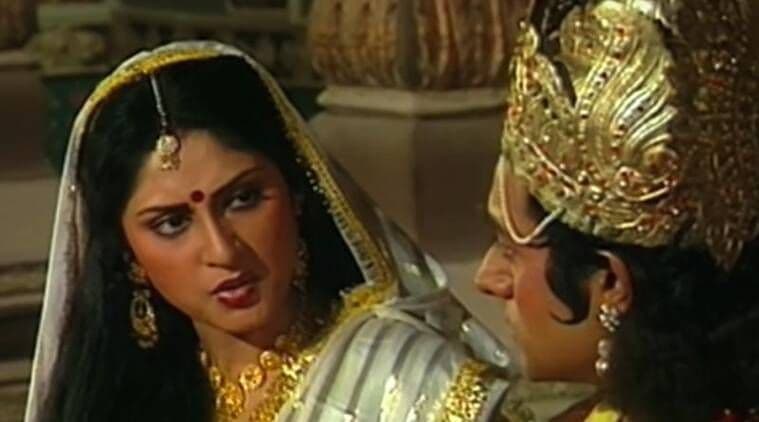
Draupadi in Mahabharata: A Character Sketch
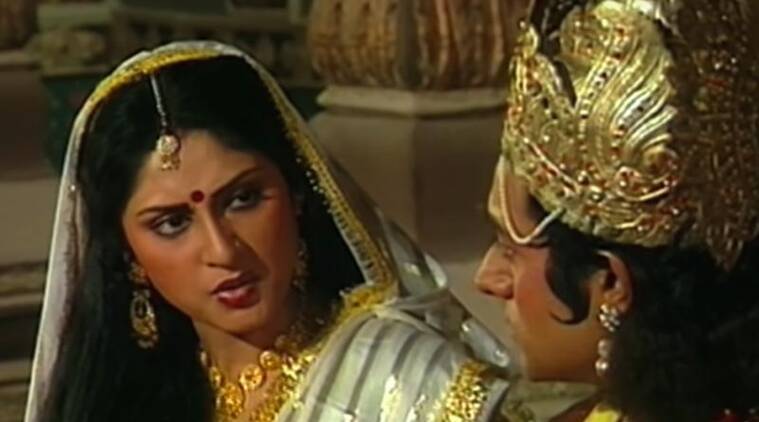
Our lives are filled with interesting characters. They have virtues. They have vices. They can sometimes be inspirational, while at the same time ironical.
Beyond viewing them through the narrow lenses of heroes and villains, good or evil, characters in themselves are unique and come in different shades.
Unlike our popular imagination characters don’t perfectly fit in the “good” or “bad” category. Sometimes they can be idealistic, while at different scenarios, they can turn selfish and pragmatic.
Each character is a rainbow in themselves. There is the great, the good, the bad and the ugly all within the same heart and mind.
Mahabharata, is one such epic that is full of interesting characters. If we look religion beyond way of life and identity and more towards wellbeing and wisdom, even characters can turn lively and fascinating!
Apart from being the fountainhead of Bhagwat Geeta, Mahabharata is an epic that celebrates roles. The role of a King, the role of a teacher, the role of a friend, the role of a son, the role of an advisor, and much more.
As a kid, I enjoyed B.R. Chopra’s Mahabharata series. Fortunately, I got to revisit them again, and this is when I thought of doing some character sketches.
As a disclaimer, these character sketches are done out of my own personal passion viewed through my lenses. I, do not hereby claim any sort of legitimacy from scriptural point of view. The character sketch is largely based on as portrayed in the series.
Draupadi is a central character of Mahabharata. Apart from being Panchali and the wife of five Pandavas, she has other fascinating aspects to her character.
1. Not A Passive Victim to Injustice
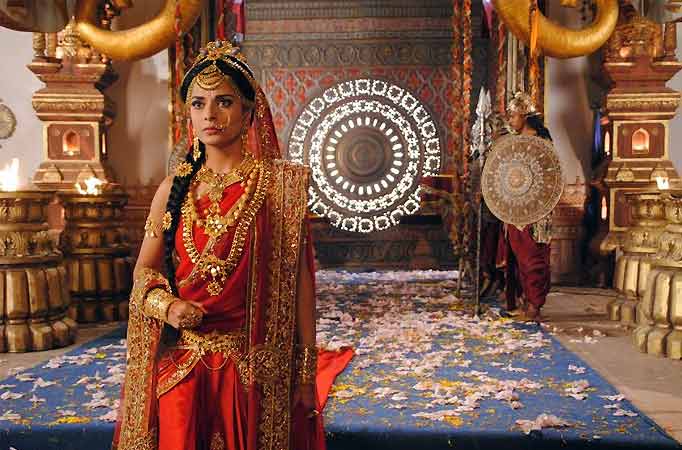
Draupadi, undoubtedly had to go through numerous injustices and tragedies throughout her life. She lost her father, brother and sons in the Battle of Kurukshettra. She had to face humiliation in the Kaurava court, and was even troubled by Kichaka, and Jayadrata.
However, she in no ways was a passive and weak acceptor of these injustices. She tried whatever in her capacity to fight back and raise her voice.
For instance, the series depicts how she questions her husband Yudhishthira on whether he had any right of waging her in a gamble. She even dares to raise her voice against the elders and “Maharathis” in the Kaurava court.
Similarly, when Kichaka tries to abuse her, she craftily hatches a plan to make sure that he is not gone unpunished.
The series shows how even 2000 years ago, Draupadi does whatever in her capacity to make sure that she does not become a passive victim to injustice.
She raises her voice, plans when possible, and requests for assistance if necessary.
Interestingly, she also shows great virtue by asking for only 2 wishes from King Dhitarastrya stating that “A Kshatriya kanya can ask for only 2 wishes and not 3.”
2. She does Forgive
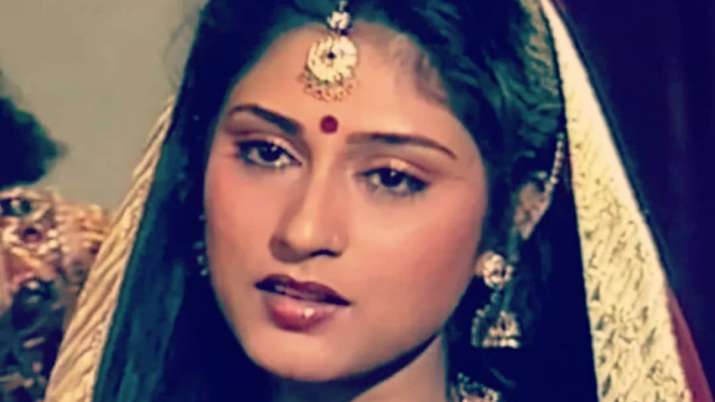
While it is generally believed that Draupadi never forgave anyone, especially those involved in her humiliation, B.R. Chopra’s Mahabharata series presents views in a more balanced perspective.
When Gandhari requests Draupadi not to curse the Kuru dynasty and everyone in the Kaurava court, she does forgive.
Draupadi spares Jayadrata life in kindness and concern for his wife.
However, she does not forgive those, who crossed all boundaries to humiliate her. She forgives everyone except Duryodhana, Dushashana, and Kichaka who abused her dignity.
So, unlike the popular belief that Draupadi was full of rage, and never spared anyone. She did. In fact, apart from the three, she forgave everyone in the Kaurava Court.
3. Dark and Lovely

Draupadi has been depicted in the series as the most beautiful lady sought after by almost everyone. From Arjun to Karna to Jayadrata, everyone fell for Draupadi.
She was dark and lovely. Unlike the established concept of equating fairness with beauty, she was dark, often referred to as “Krishnaa”.
The most beautiful lady in the Mahabharata was dusky and dark, and had lovely “blue lotus eyes” with enchanting copper nails and curly hair.
4. Not the reason of war but of Dushashana and Duryodhana’s destruction
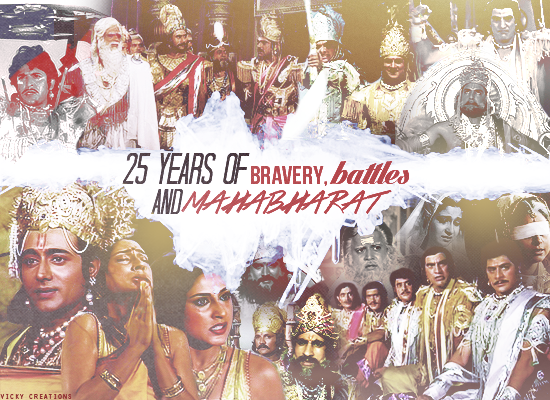
The notion that Draupadi was the reason behind Mahabharata war is quite popular, however, the series highlights the fact that it was the culmination of injustices that lead to the great war.
The series of injustices perpetrated against the Pandavas, the injustice done to the Princess of Kashi, the injustices committed against Drupada finally sowed the seeds of the great war.
The humiliation done to Draupadi, was undoubtedly a great injustice, but it was a part of the series of injustices that led to the destruction.
She does forgive multiple times and to many, so wouldn’t it be too harsh to conclude that she wanted vengeance on the Kauravas for her humiliation, and she was the reason of the war?
However, she did take vengeance on Duryodhana and Dushashana, who had to undergo a dishonorable and painful death for the dishonor and pain they had perpetuated.
Draupadi, as the series depicts was dark and lovely. She was not a passive recipient of injustices but courageous, who choose to stand, question and raise her voice based on her capacity and time back them.
Appreciate the creator